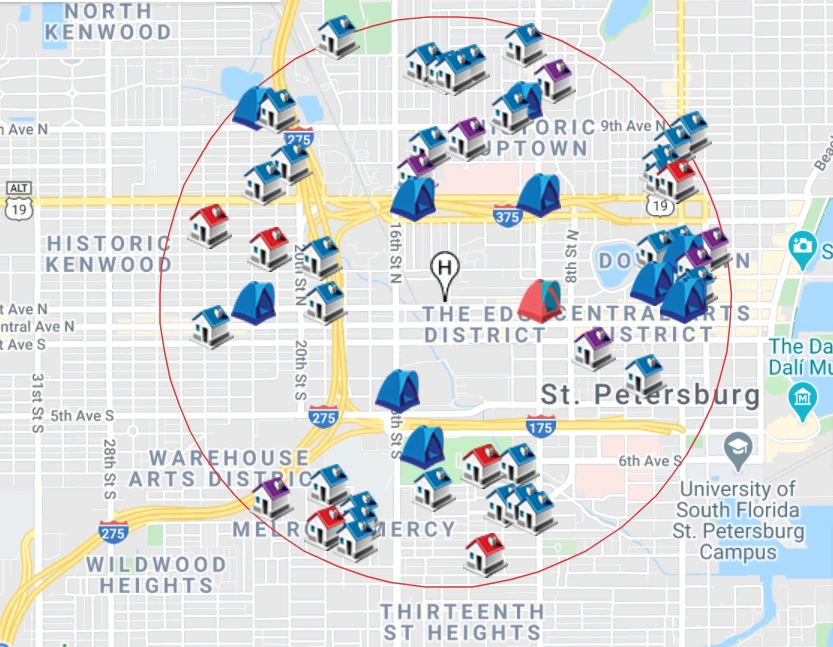Educational Resources
Although we’ve already given you a lot of tips and other information to consider, we’re not done yet. Below, you’ll find a list of additional resources that you can use to educate yourself and your kids about how to stay safe online.
Cyberbullying.org
The Cyberbullying Research Center is a comprehensive resource of information regarding cyberbullying. Here, you’ll find research, resources, and even information about pertinent laws. This organization also offers opportunities for virtual presentations on cyberbullying for K-12 students, parents, teachers, and law enforcement.
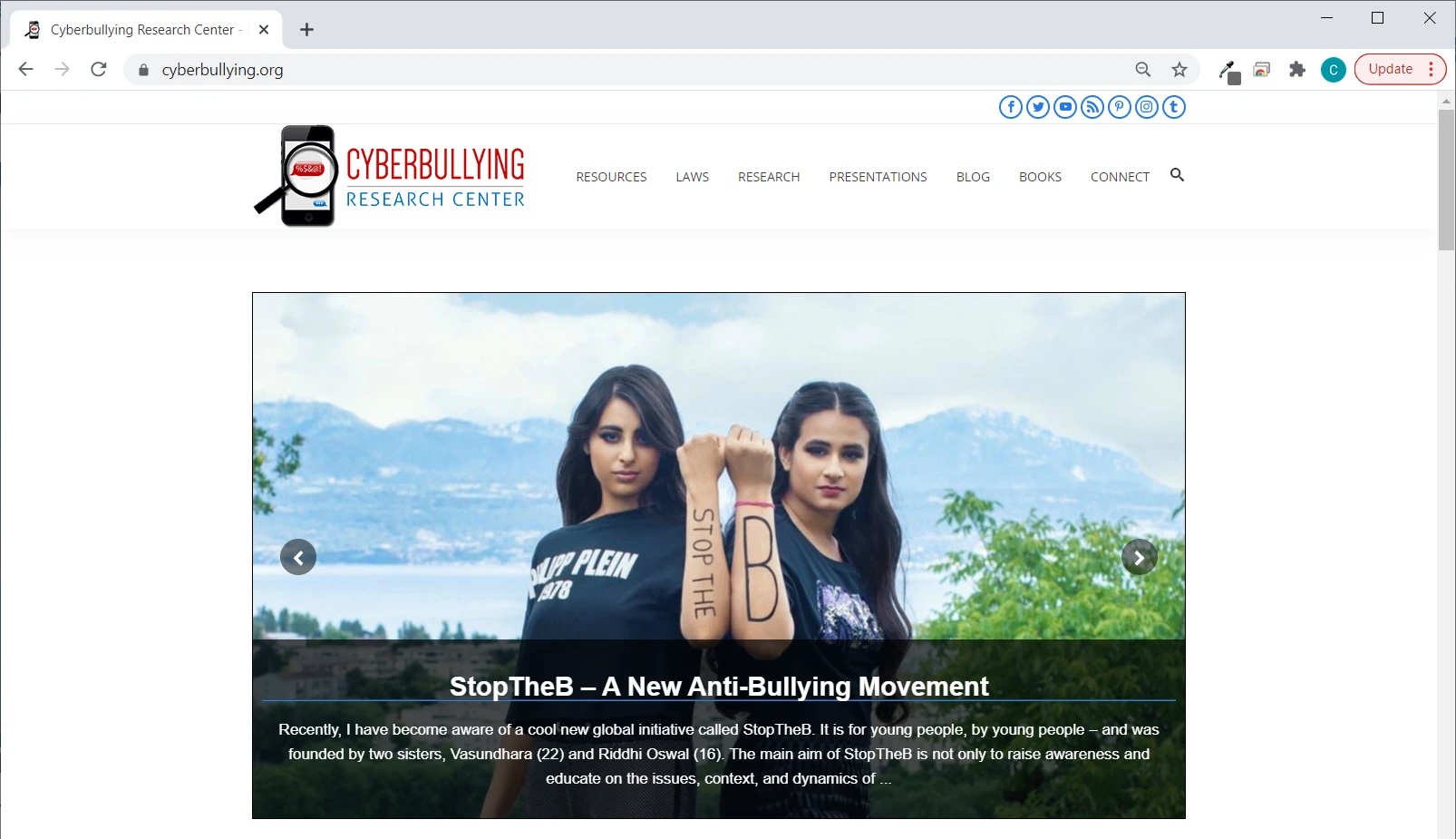
Stopbullying.gov
This website provides useful information on what bullying and cyberbullying are, signs to help you identify both types of situations, and how to stop them. It also includes some great tips for teachers.
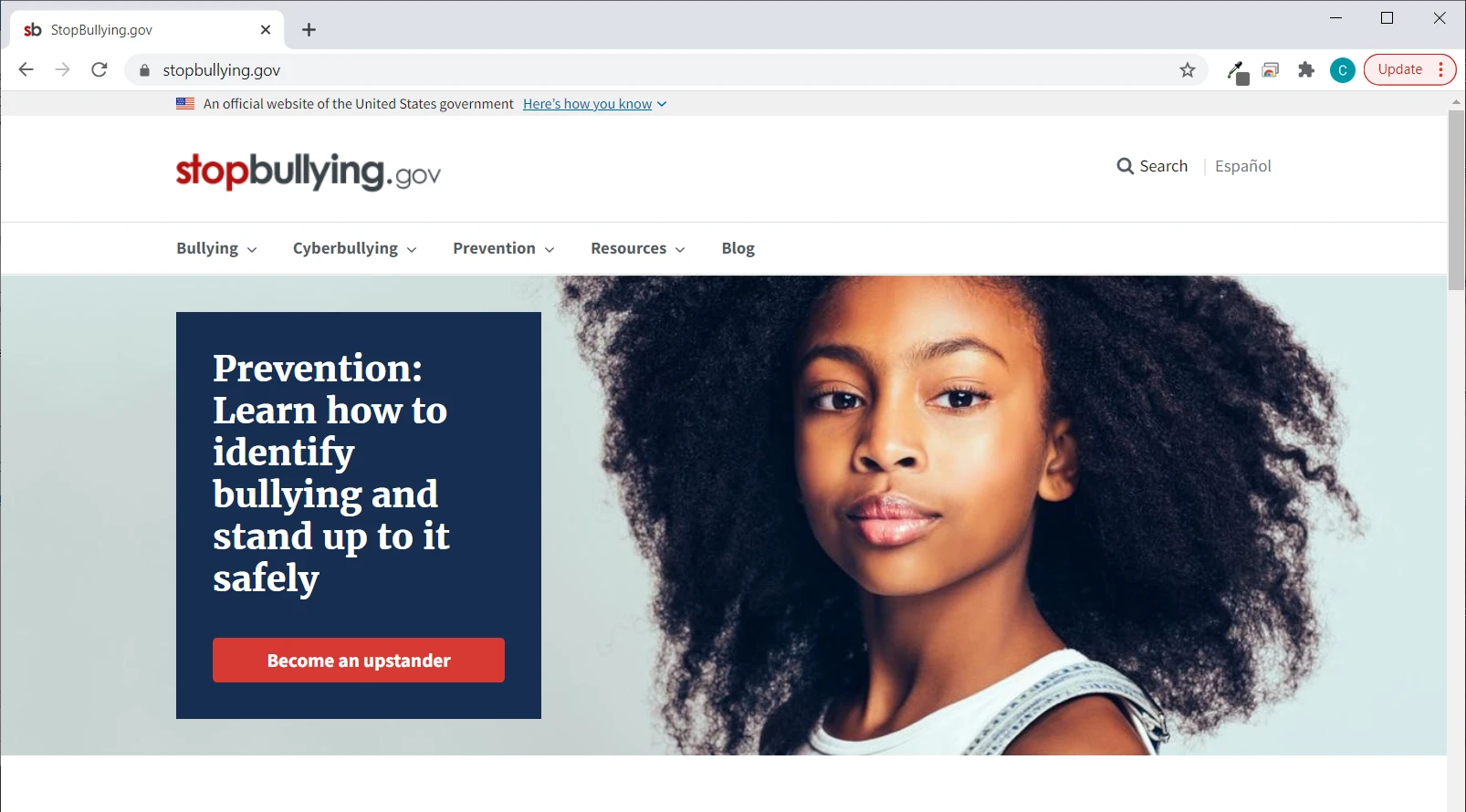
Protecting Your Kids
This FBI resource has advice and information that can help you to protect your kids and teens both online and offline.
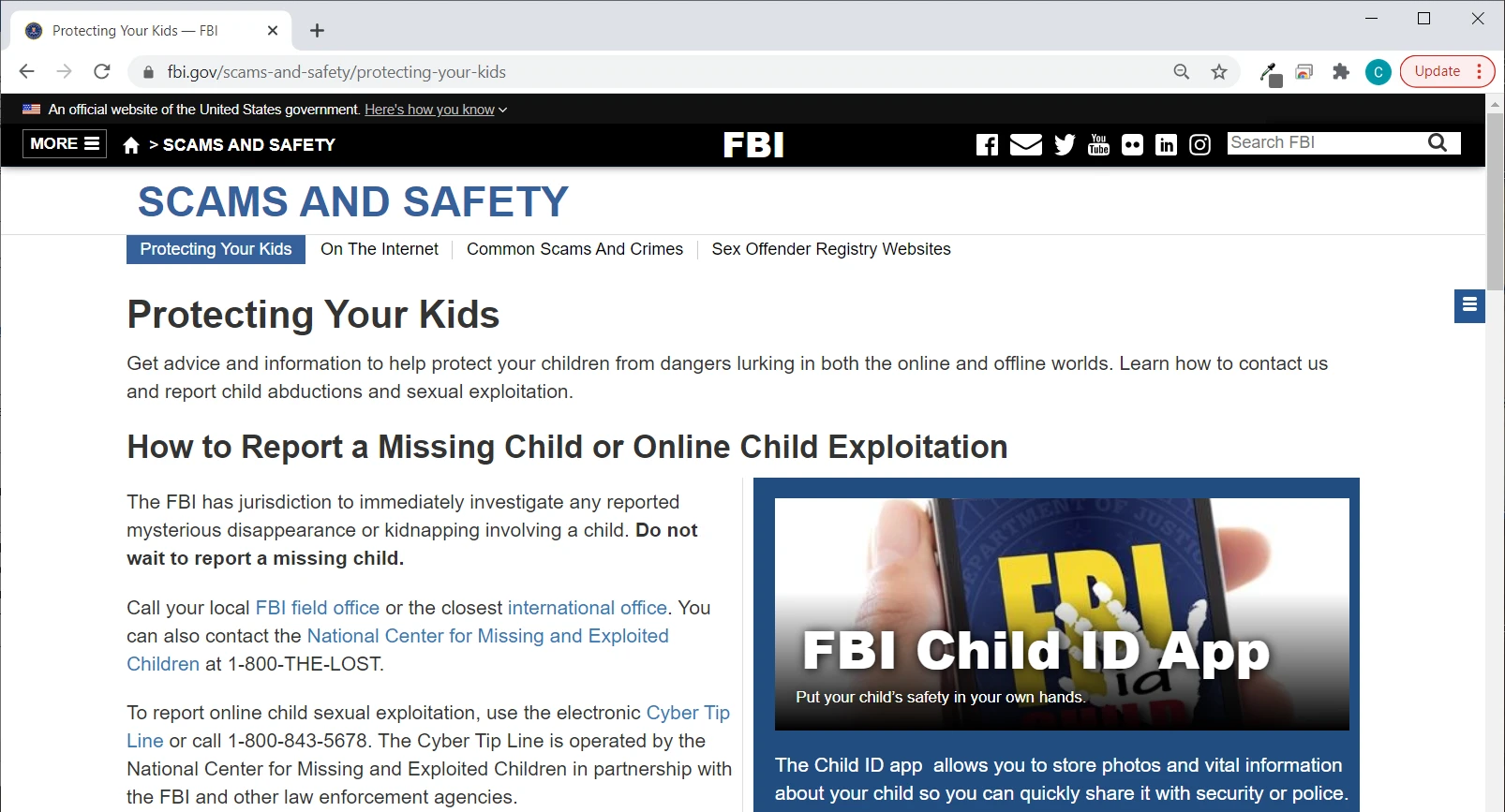
Girl Scouts
Believe it or not, but the Girls Scouts organization has been breaking a lot of barriers in recent years regarding cybersecurity education for girls. They’ve partnered with Palo Alto Networks, AT&T, Dell and Raytheon to educate their kid and teenage members and enable them to achieve STEM and Cybersecurity badges.
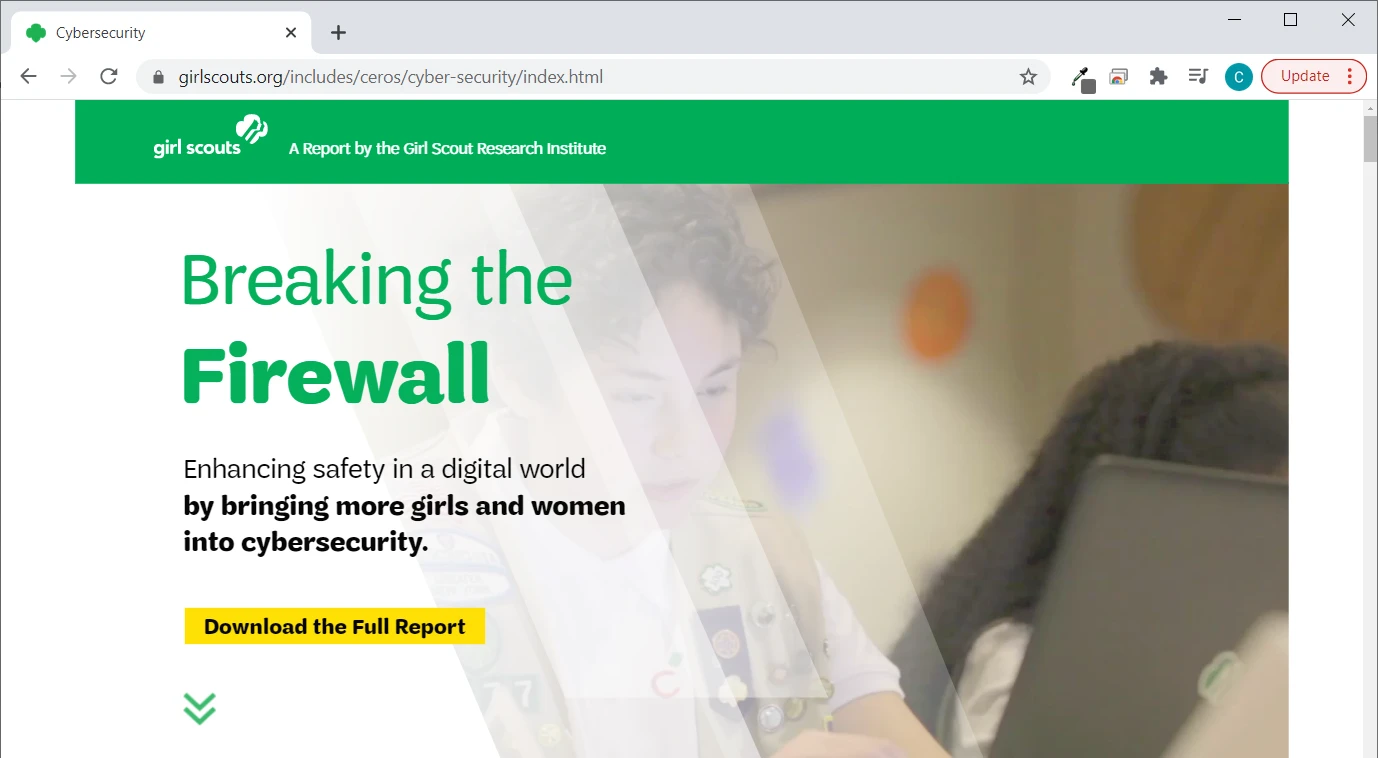
Internet Matters
This internet safety resource offers free downloadable e-Safety leaflets and resources.
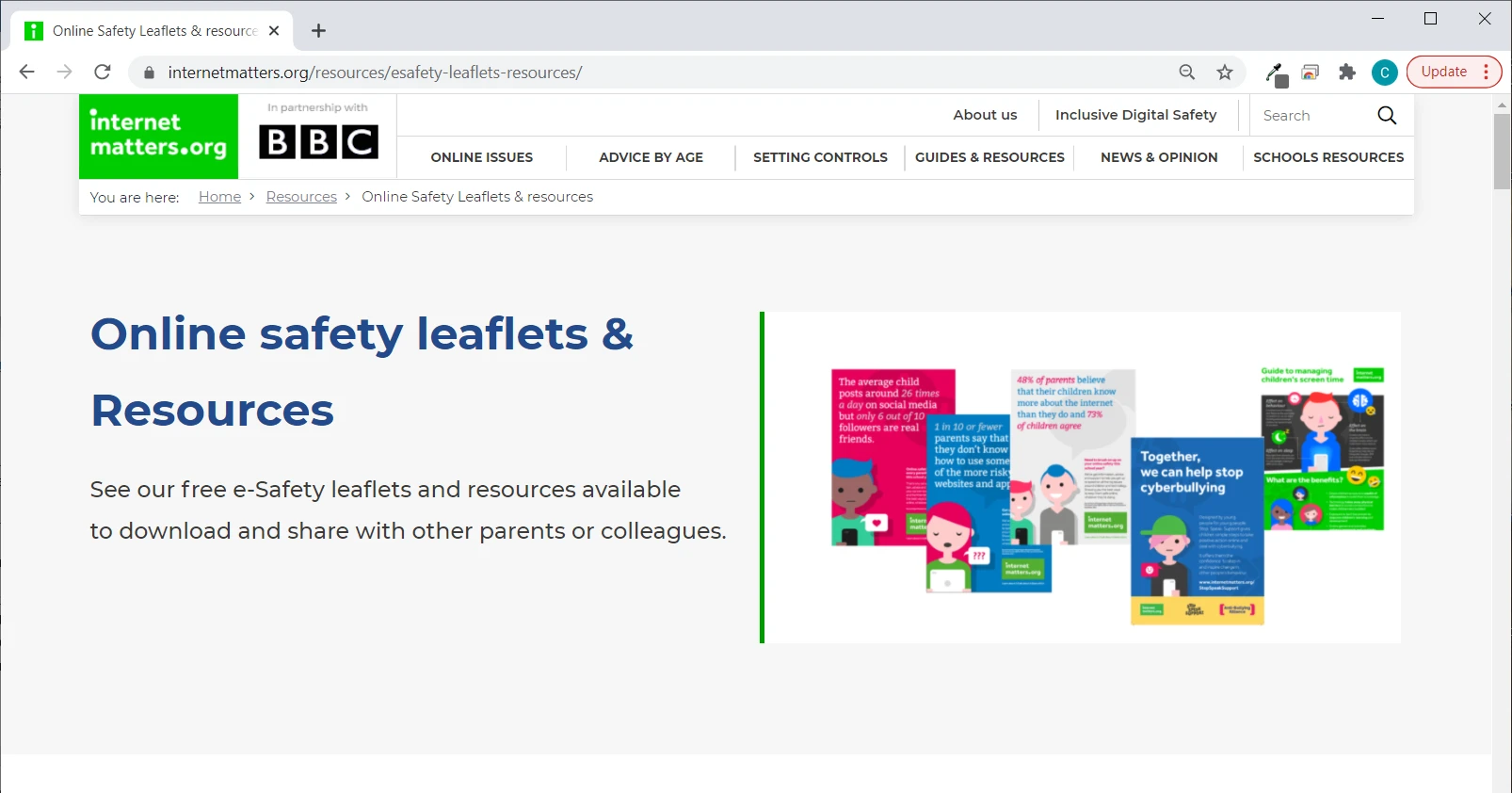
Safe Online Surfing
This FBI site offers information for teachers and students. It includes fun interactive games for kids grades 3-8 that encourage learning online safety best practices. It also has a link to an accompanying downloadable teacher’s guide.
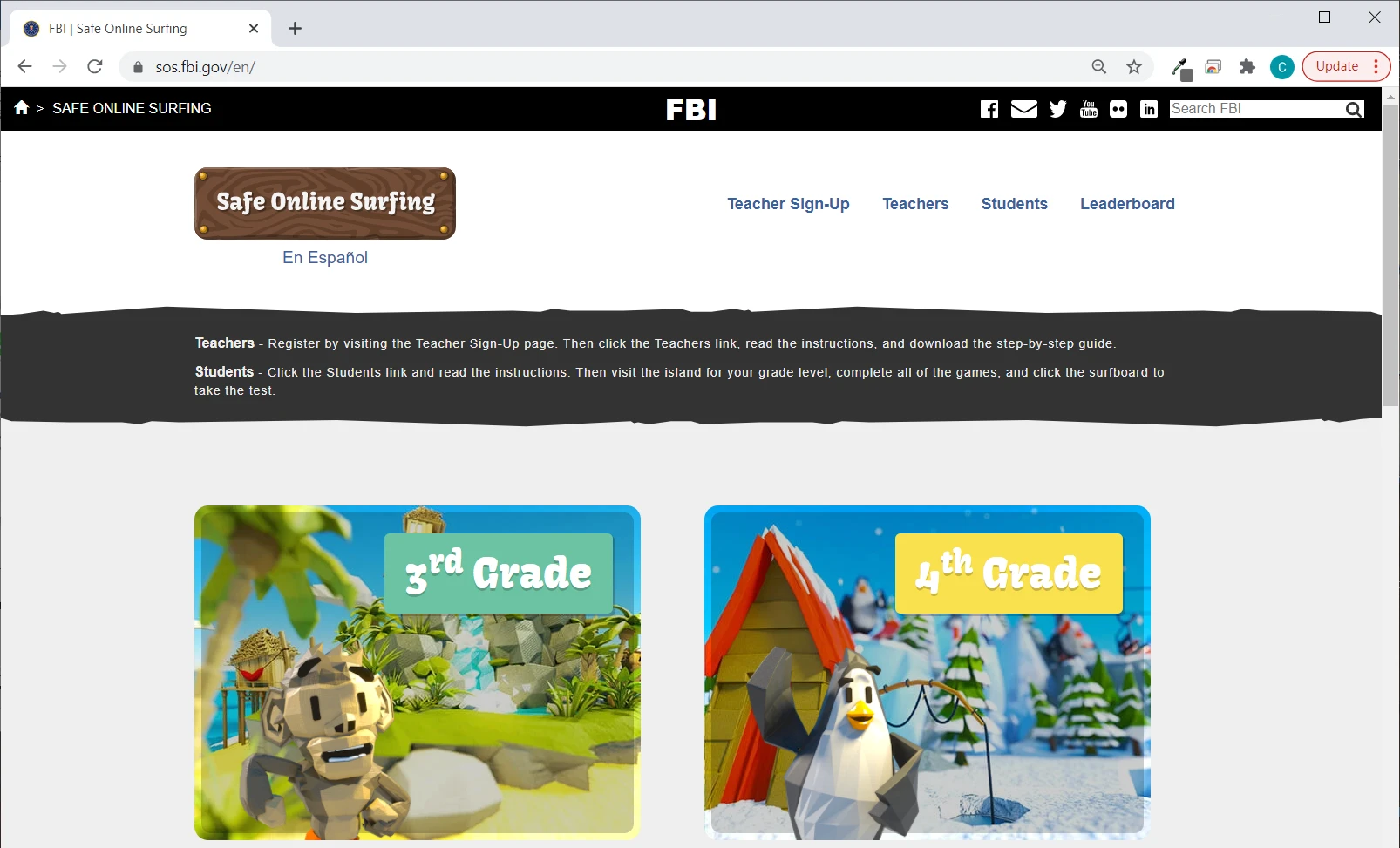
Common Sense Education
This educational website offers resources for parents, educators and advocates alike. One such example is their list of 23 age-appropriate lesson plans for K-12 teachers who want to help their kids and teens learn about internet safety. Another great example is their YouTube channel, which features videos of kids and teens talking about online dangers.
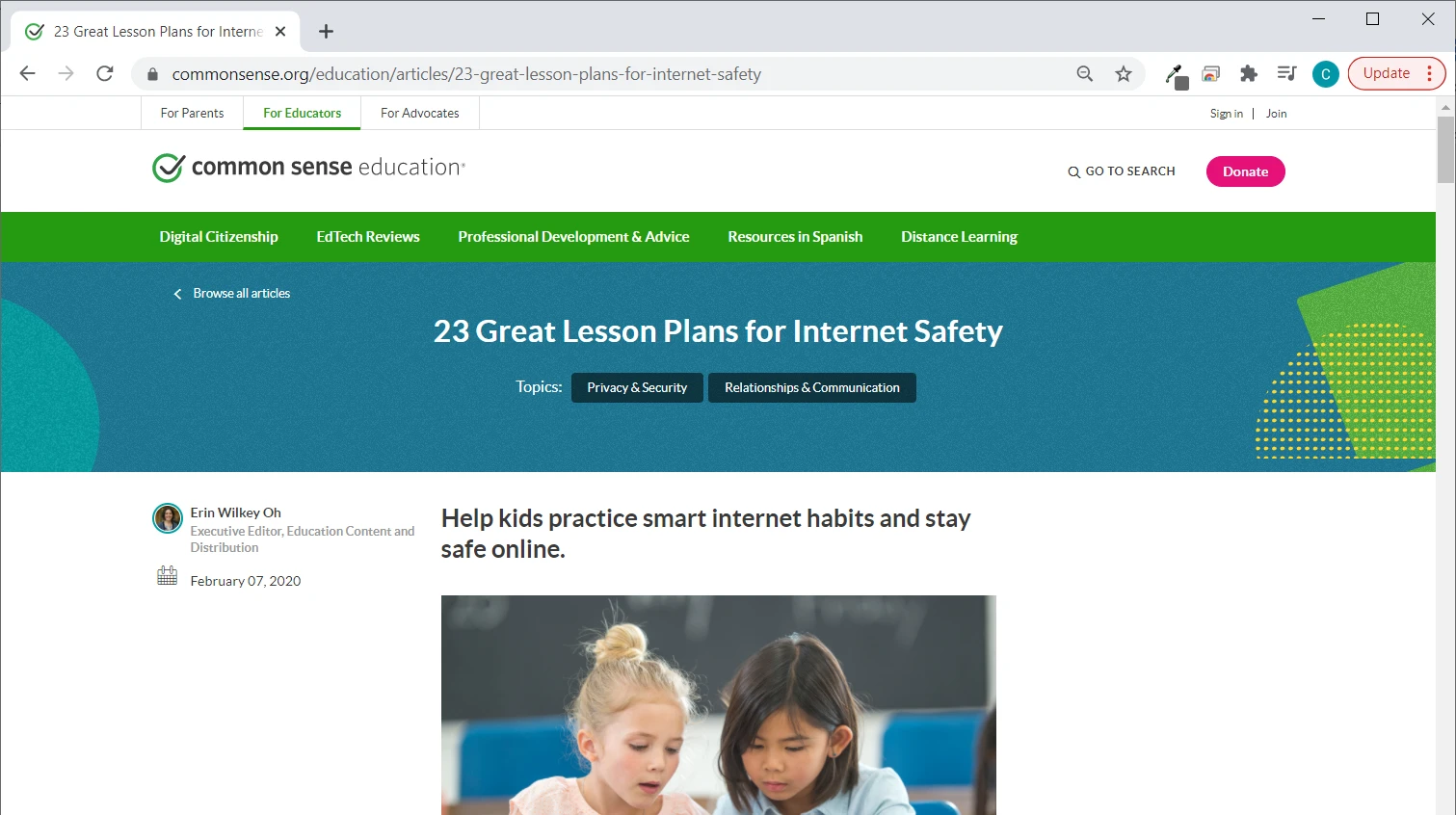
Sex Offender Registry Websites
This FBI resource includes links to the sex offender public websites for each of the 50 U.S. states, Native American tribes, the District of Columbia, Northern Mariana Islands, Guam, Puerto Rico, and the U.S. Virgin Islands. The websites provide the ability to search for specific names or addresses to see what sexual offenders may live nearby. For example, here is a screenshot taken from the search function of the Florida Department of Law Enforcement’s Sexual Offenders and Predators Search website.
